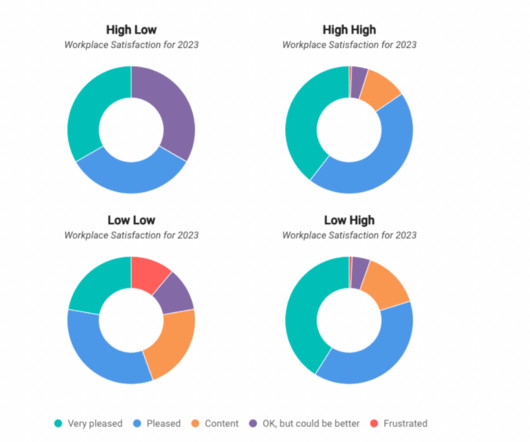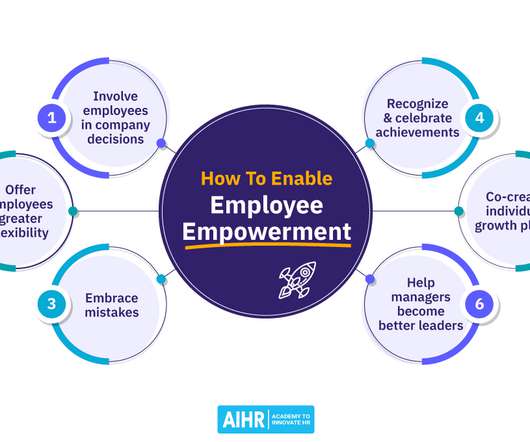What Employees Really Want From Their Managers
TalentGuard
APRIL 1, 2019
In fact, employees who rate their line manager’s performance as poor are four times more likely to be job hunting – and 40% are likely to have interviewed for a new job in the last month. . Only one in five employees (21%) feel it is easy to secure a new career role with their current organization.















Let's personalize your content